Planetesimal Formation (or Lack Thereof) in Pressure Bumps and Implications for Early Planet Formation
- Iowa State University, Ames, Iowa, USA (jbsimon.astro@gmail.com)
A crucial step in the planet formation process is the formation of smaller bodies known as planetesimals. However, how these small bodies formed is one of the largest outstanding issues in planetary science and astronomy. One promising route is a process known as the streaming instability, the end product of which is enhanced concentration of dust grains in the gaseous planet-forming disk. However, even this instability requires an initial enhancement in grain concentration to get started. This initial enhancement can occur in axisymmetric regions of relatively high gas pressure known as pressure bumps; inwardly drifting dust grains slow down as they enter the bump, leading to a localized enhancement.
Here, I present a series of very high-resolution simulations of grain concentration + streaming instability in axisymmetric pressure bumps at stellar distances equivalent to the Cold Classical Kuiper Belt. We find that planetesimal formation via this process is extremely robust for cm-sized grains, but completely fails for mm-sized grains unless the pressure bump is sufficiently large in amplitude to completely trap the inwardly drifting grains. However, such large pressure bumps are likely to be themselves unstable and break down into vortices. Furthermore, models suggest that grains cannot grow beyond mm sizes at these distances.
Our main conclusion is that either planet-forming disks form grains larger than ~1 mm , or planetesimals do not form by the streaming instability in pressure bumps. This result has a number of important implications for early planet formation, including alternative routes towards planetesimal formation. I will conclude with a brief discussion of these implications.
How to cite: Simon, J. B. and Carrera, D.: Planetesimal Formation (or Lack Thereof) in Pressure Bumps and Implications for Early Planet Formation, Europlanet Science Congress 2022, Granada, Spain, 18–23 Sep 2022, EPSC2022-519, https://doi.org/10.5194/epsc2022-519, 2022.

